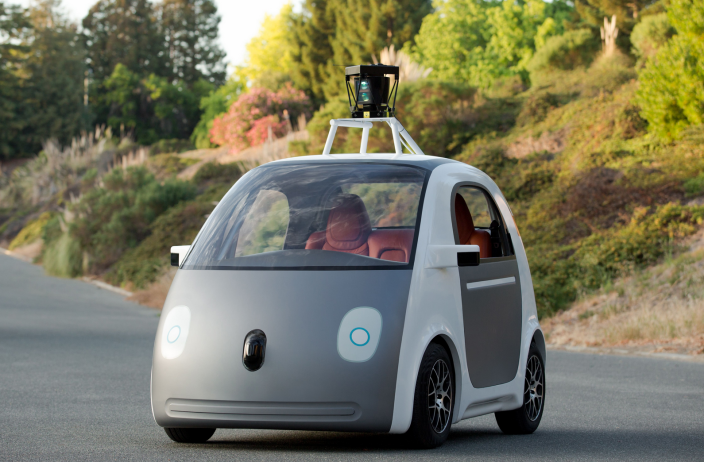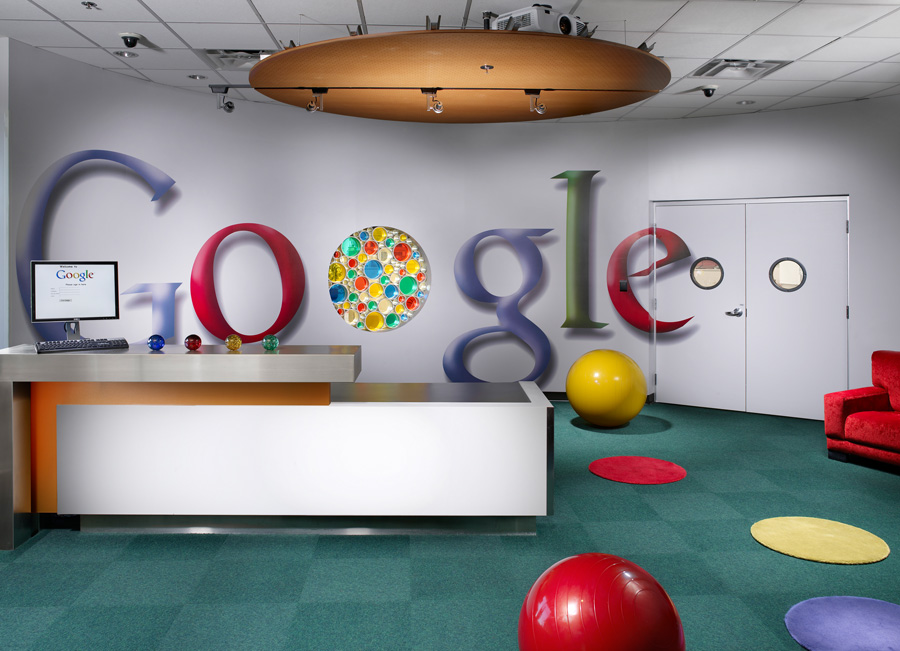Uber investor Google reportedly developing competitive ride-sharing app as Uber gets into driverless cars

Update: When reached for comment, Google pointed us to its Twitter account’s response (below), which it said is accurate. While it doesn’t directly address the reports, it does seem to hint Google is working on a Lyft-style ride-sharing app and that it doesn’t view it as a direct competitor to Uber. Following the original reports, Uber made its announcement official on its website.
[tweet https://twitter.com/google/status/562392039459807232 align=’center’]
Update 2: Google has reportedly told the Wall Street Journal that the app in question is a carpooling app created by one of its engineers for Google employees. It is said to be unrelated to Google’s self-driving car.
Uber, the app-based car service in which Google is an investor, is about to announce a new investment into building its own fleet of driverless vehicles, according to a report from TechCrunch. Although the specific details are unclear at this point, the report comes just as news breaks that Google is developing its own ride-sharing app that could be a possible competitor to Uber.
Expand
Expanding
Close


